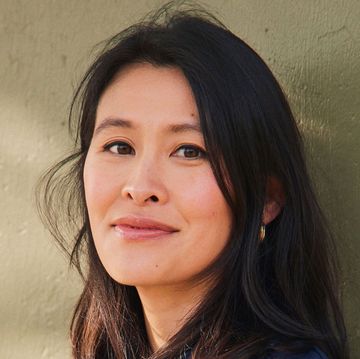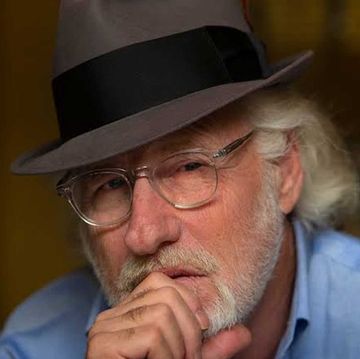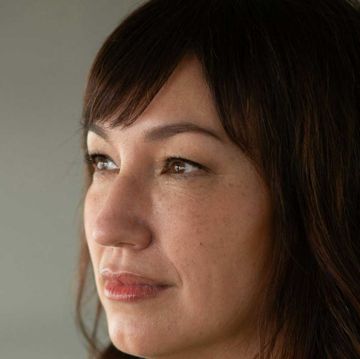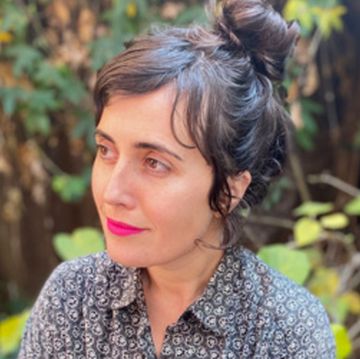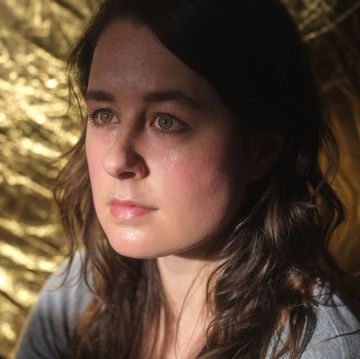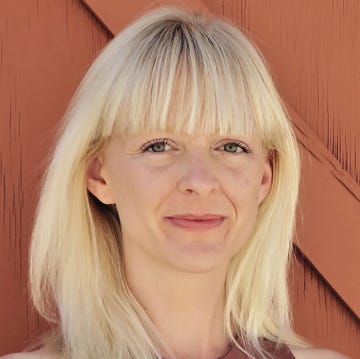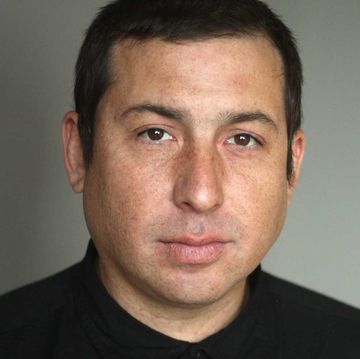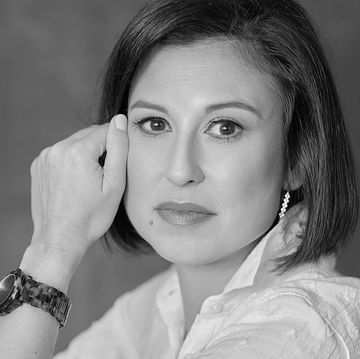For the holidays this year, I bought myself a present: a small stand-alone paperback edition of Jack Kerouac’s San Francisco Blues. The book has an elusive pedigree. Composed during the spring of 1954, it was the first of Kerouac’s extended blues poems, a form in which, he would later reflect, each stanza (or chorus, to employ his coinage) “is limited by the small page of the breastpocket notebook in which they are written, like the form of a set number of bars in a jazz blues chorus, and so sometimes the word-meaning can carry from one chorus into another, or not, just like the phrase-meaning can carry harmonically from one chorus to the other, or not, in jazz.”
Do I need to say how much such an idea galvanized me as a young writer, the permission it offered, the improvisational impulse of its approach? It’s not that this was revolutionary, exactly; in high school, we had been introduced to Coleridge and Wordsworth, and the notion, articulated by the latter in his “Observations Prefixed to Lyrical Ballads,” that poetry should be written in “the real language of men in a state of vivid sensation.”
We had also read Whitman, with his barbaric yawp.
Kerouac, however, pushed these precepts further—for better or worse, depending on your point of view. My teachers wanted nothing to do with him, regarding his work as undisciplined, lacking the rigor of true literature. For me, that made him only more attractive: a grown-up for whom the other grown-ups had no use. In that regard, he was like so many of my culture heroes: the punks and guitar players, the stoners and the rebels, “the mad ones,” as Kerouac would write in On the Road.
The blues poem represented a case in point: not undisciplined, although it could be, but an expression of the moment, which required the presence of the poet to channel, or create, the verse. I was looking for a way around myself, I see that now, a strategy to get beneath my surfaces and reveal everything I most wanted to keep hidden, poetry as exposure or unburdening, poetry as testament. I wanted to write what I felt, in language that was unvarnished, that aspired to be unpretty, or even better: raw.
“None of this means / anything,” Kerouac writes in San Francisco Blues, “For krissakes speak up / & be true / Or shut up / & Go to bed // Dead.” What he’s presenting is an admission that becomes an admonishment. I love how meaning grows out of the language, the echo of “speak up” and “shut up,” the rhyme of “bed” and “Dead.” My teachers would have called it juvenile, but what did they know? I wanted to be that unfettered, to write in a vernacular so unadorned it became its own shorthand.
As for the admission that none of it meant anything, that was an essential affirmation. Only if we admit that the art we’re making has no inherent meaning can it ever have any meaning at all. If this sounds like a paradox, for me it has come to resonate like a koan.
Much of San Francisco Blues, of course, I would have to wait to discover, since it remained unpublished in its entirety until it appeared in the posthumous omnibus Book of Blues in 1995. A small selection of choruses had been included in Kerouac’s Scattered Poems and a bit of history in biographies by Ann Charters and Gerald Nicosia. Besides that, it lingered as a ghost book, another category to which I have long been drawn.
The ghost book, after all, is an emblem of potential, of possibility or inspiration, not least because it is unpublished or unwritten, which means it exists in our imaginations, if it exists at all. For decades, I fantasized San Francisco Blues through such a lens, as a grail of sorts. The only blues poem to appear in book form during Kerouac’s lifetime was Mexico City Blues (242 Choruses); it was published in 1959. As much as I admire its movements, its play of mind, it feels aloof to me in some way.
Not so San Francisco Blues, which I am delighted to possess at last in an edition of its own. The copy I gave myself also came out in 1995, part of a series called Penguin 60s, which celebrated the 60th anniversary of Penguin Books. It’s about the size of the “breastpocket notebook” the author used in writing, and it is all experience and observation, a vivid back-and-forth with place.
“San Francisco Blues,” Kerouac declares in the closing chorus, “Written in a rocking chair / In the Cameo Hotel / San Francisco Skid row / Nineteen Fifty Four.” Poetry as datebook, poetry as daybook, poetry as bookkeeping, as keeping track. Poetry as reckoning. Poetry as breath. As always with Kerouac, there are excesses. “Much is painful, even at times contemptible,” Robert Creeley once wrote of the poem, “—the often violent disposition toward women, the sodden celebrations of drink.” To this, I would add the sentimentalized vision of the down-and-outers Kerouac liked to characterize as holy, as if their deprivation was not itself a sin.
Nevertheless, as Creeley concludes, “what holds it finally all together are words, one after another, as he plays, moves, with their sound, follows their lead, shifting from English to Franco-American joual, nonsense to sense, reflection to immediate sight and intimate record.”
It was this I dreamed before I ever read San Francisco Blues. It was this I experienced after I encountered it in Book of Blues.
“White wash rain stain / Gravel roof glass black / Red wood blue neon / Green elevators / Birds that change color / And white ants / Climbing to your knee / Earnest for deliverance,” reads part of the “32nd Chorus,” and in the specificity of the colors we find everything we need. Thinking of those lines, I recall my old studio apartment on Haight Street where the flat roof outside the bay window was covered in a layer of small pebbles the color of sky. I used to sit in that window writing, not unlike (or so I chose to pretend) Kerouac in his rocking chair.
On the one hand, all of it is nonsense, to usurp Creeley’s term. Language creating intention through light and rhythm, a set of sounds and images that may or may not add up. “None of this means anything,” remember that? And yet, the promise of San Francisco Blues as an idea, and then afterward the more complex experience of reading it as text, helped open my language, not in the big ways but the small.
A poet sits in a hotel room writing. Outside his window, existence continues within and without him, “nevermore to remain / Nevermore to return.” He records what he can, knowing it will never be enough, that it will offer no salvation. Even so, what else is there to do? “I’d better be a poet / Or lay down dead,” Kerouac insists, and then and now, as a young writer and an older one, I find myself suspended in that middle ground.•



